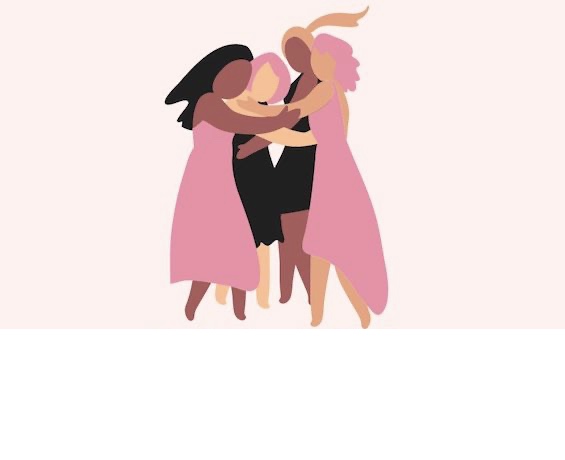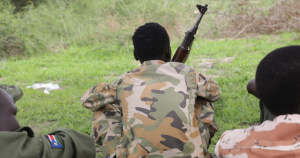On this 25th November, International Day for the Elimination of Violence Against Women, NPWJ shares Giulia Cecchettin’s relatives’ great sorrow and stands by all victims of gender-based violence across the world. Giulia’s murder in Italy is not an exception, it is the 102nd case of femicide in the country since the beginning of the year. Women are murdered due to the very nature of their gender. Giulia’s murder is not an exception because violence against women is a behavioural pattern of patriarchy. Yet, impunity persists: most countries worldwide don’t legally recognise femicide as a gender-based crime, or lack of a clear definition and method to identify such crime.
Incidents of violence against women are reported everyday all around the world, not only in the domestic sphere but also in the public space. Attacks are committed by individual criminals, often closely related to the victim, but they can also be State orchestrated in countries where women are told how to behave and can be harassed and even killed simply because of the way they dress.
This is why, not only through justice but at all levels of society should we encourage the visibility and denunciation of violence against women issues as such. We must bring to light how our social norms and power structures are rooted in centuries of patriarchal tradition which resulted in the normalisation of violence targeted towards women. To do so, all members of the community must be involved.
NPWJ calls for awareness from an early age, through education of children, and especially boys. Sexual education must be discussed at school, not only to allow girls and young women empowerment, but also to engage boys in increasing their understanding of the consequences of their behaviour and enable children to grow up developing respectful social and sexual relationship. Yet, such topics are very often overlooked. School programs must tackle gender equality issues, prevention on violence against women, the informed consent imperative, the promotion of self-esteem and human dignity, prevention against HIV/AIDS and STDs, as well as issues related to biological knowledge, to challenge sexist norms and undermining behaviours towards girls and women.
Raising awareness of children is crucial, although it must also be done at a broader level and involve men of all ages. Patriarchal dynamics not only occur through extreme and horrific acts of violence against women, but in all forms of violence, subjugation and power imbalances towards women. This includes issues ranging from catcalling to harassment or gender-based violence, to workplace discrimination, women’s lack of power or low levels of political participation. Patriarchal societies are fundamentally violent towards women because they are based on this imbalance of power. The urgency lies in actively exposing patriarchal dynamics beforehand, in order to be able to dismantle them and eliminate violence against women.




